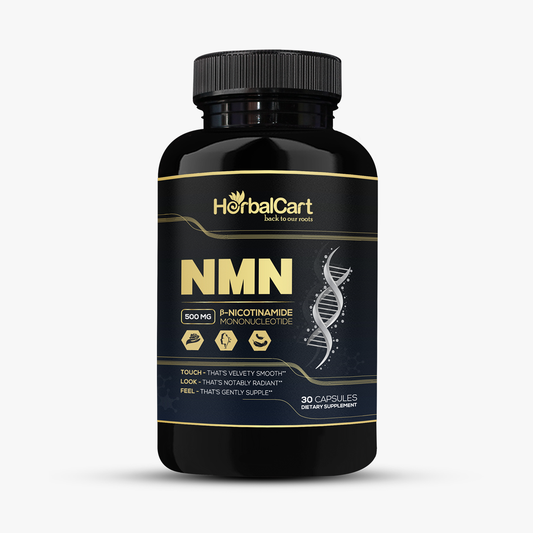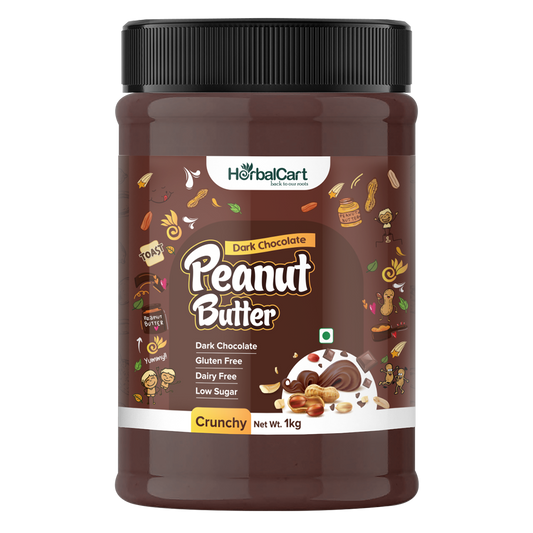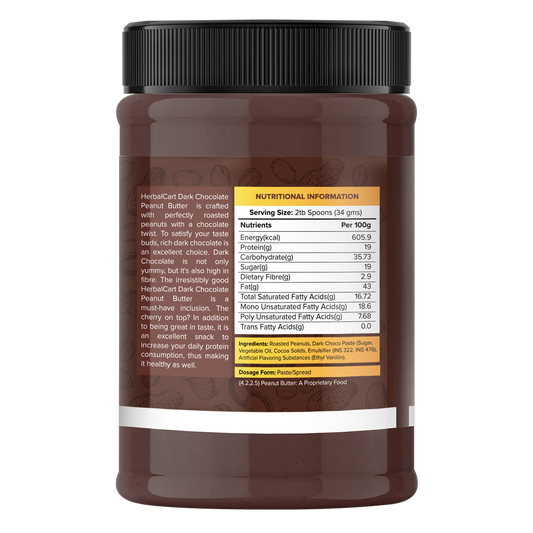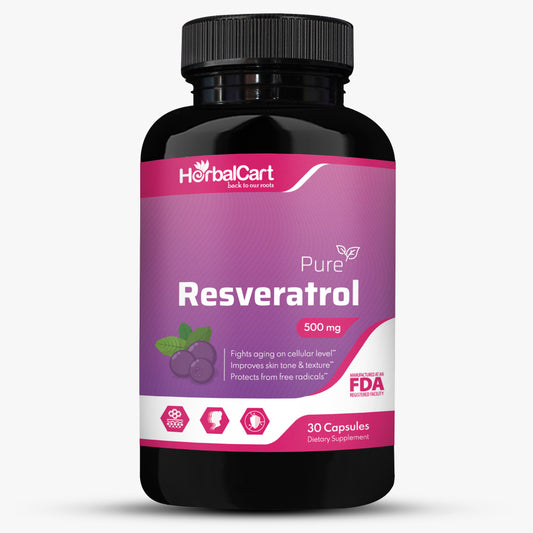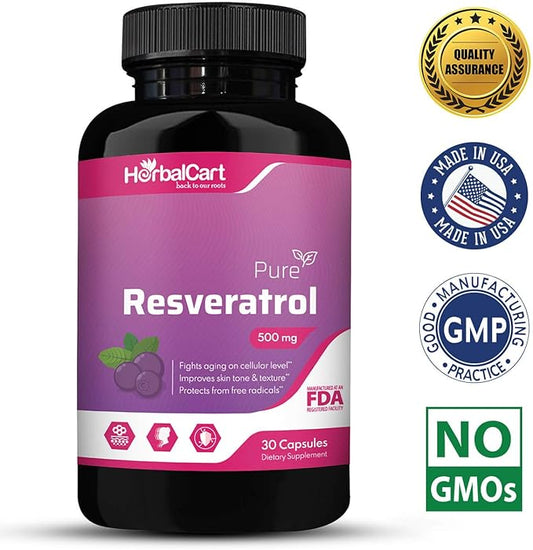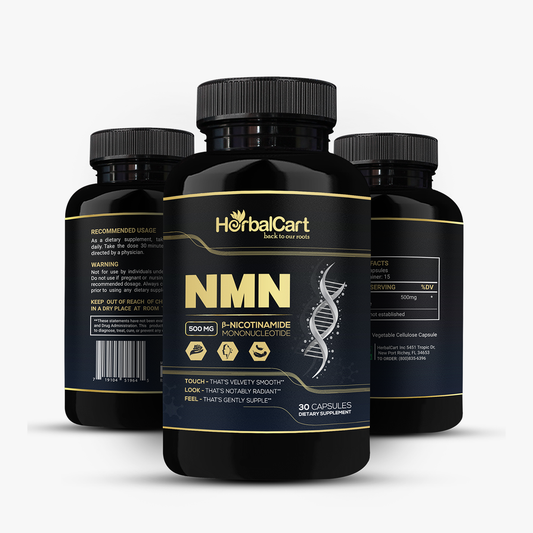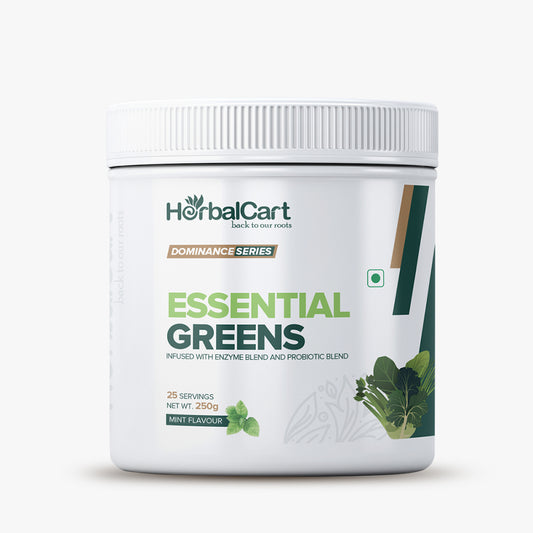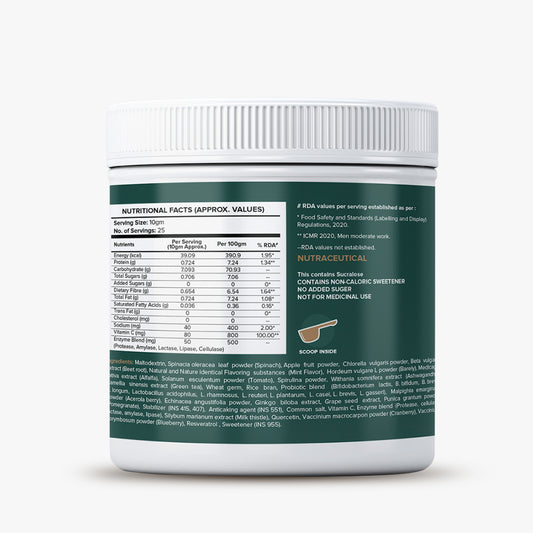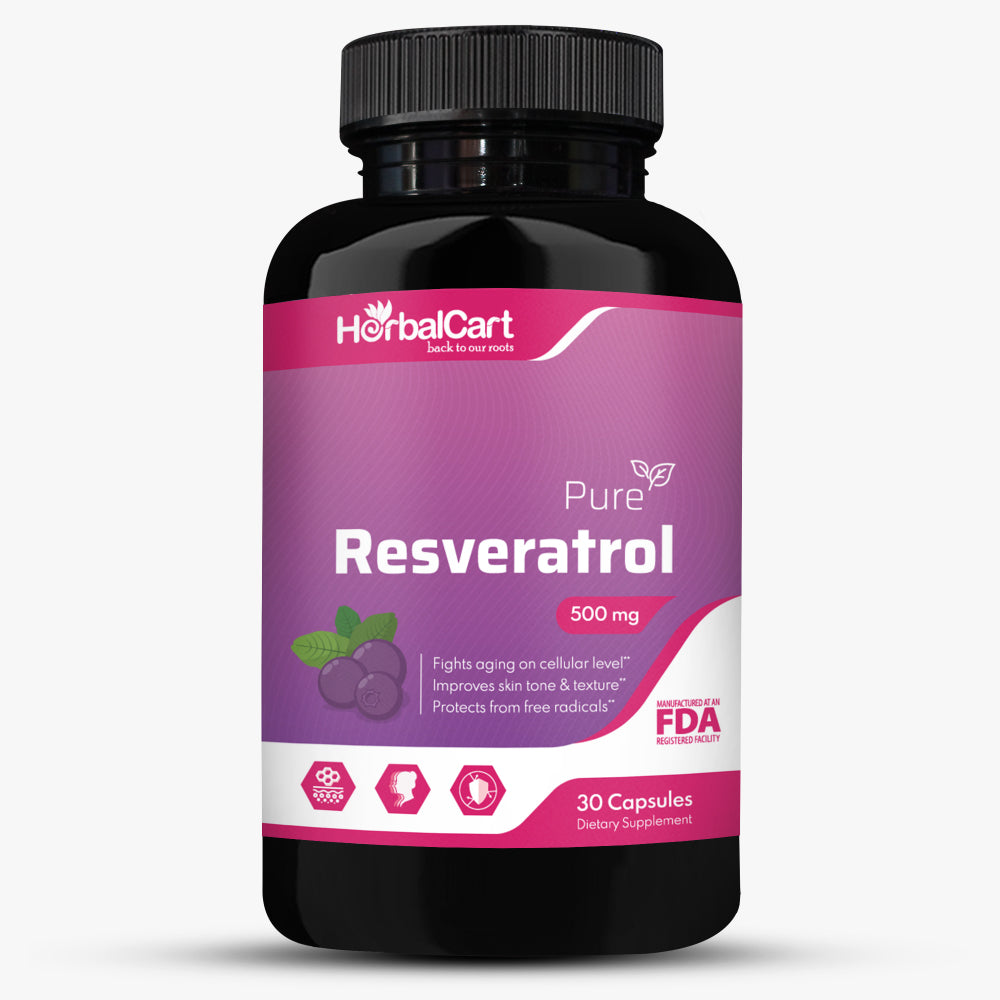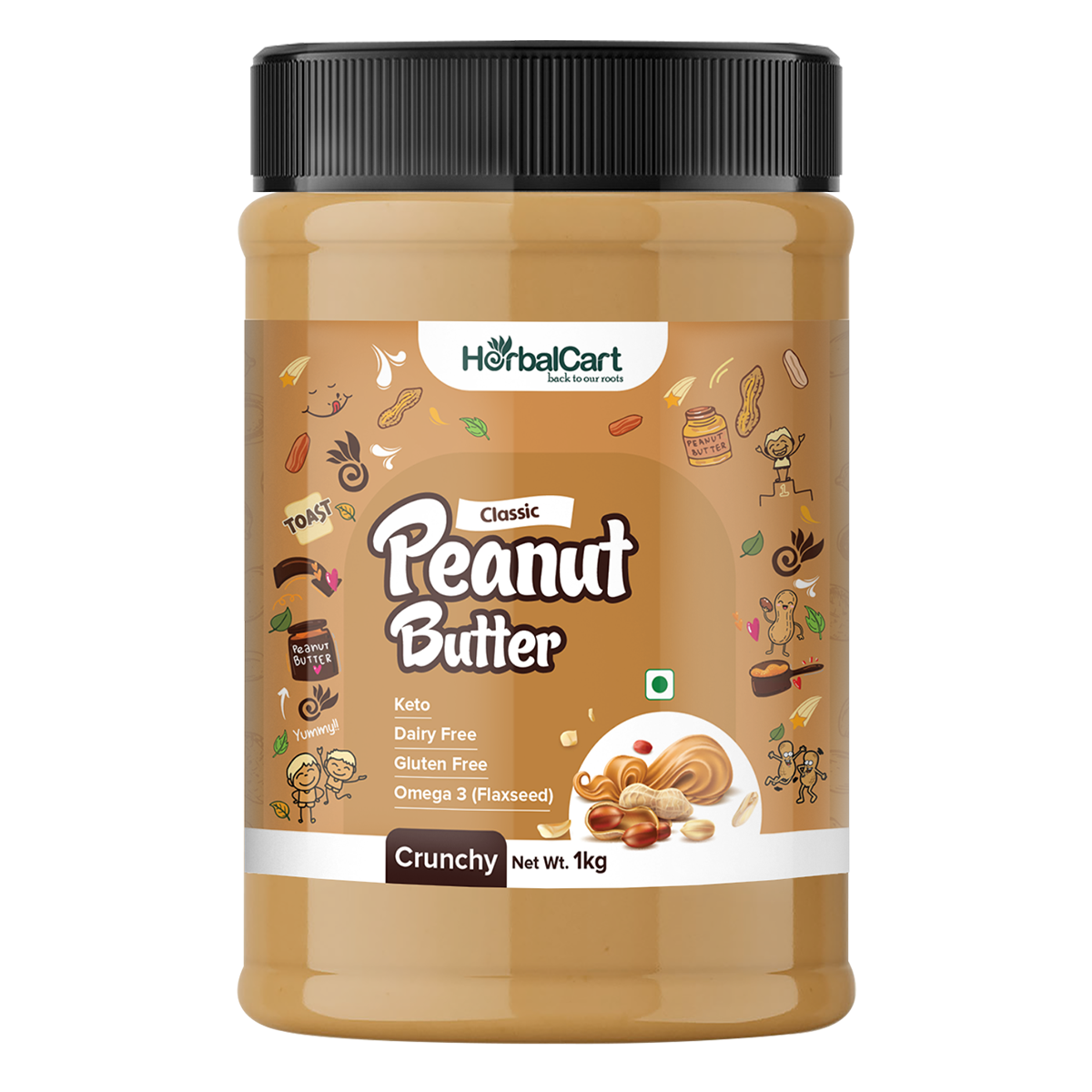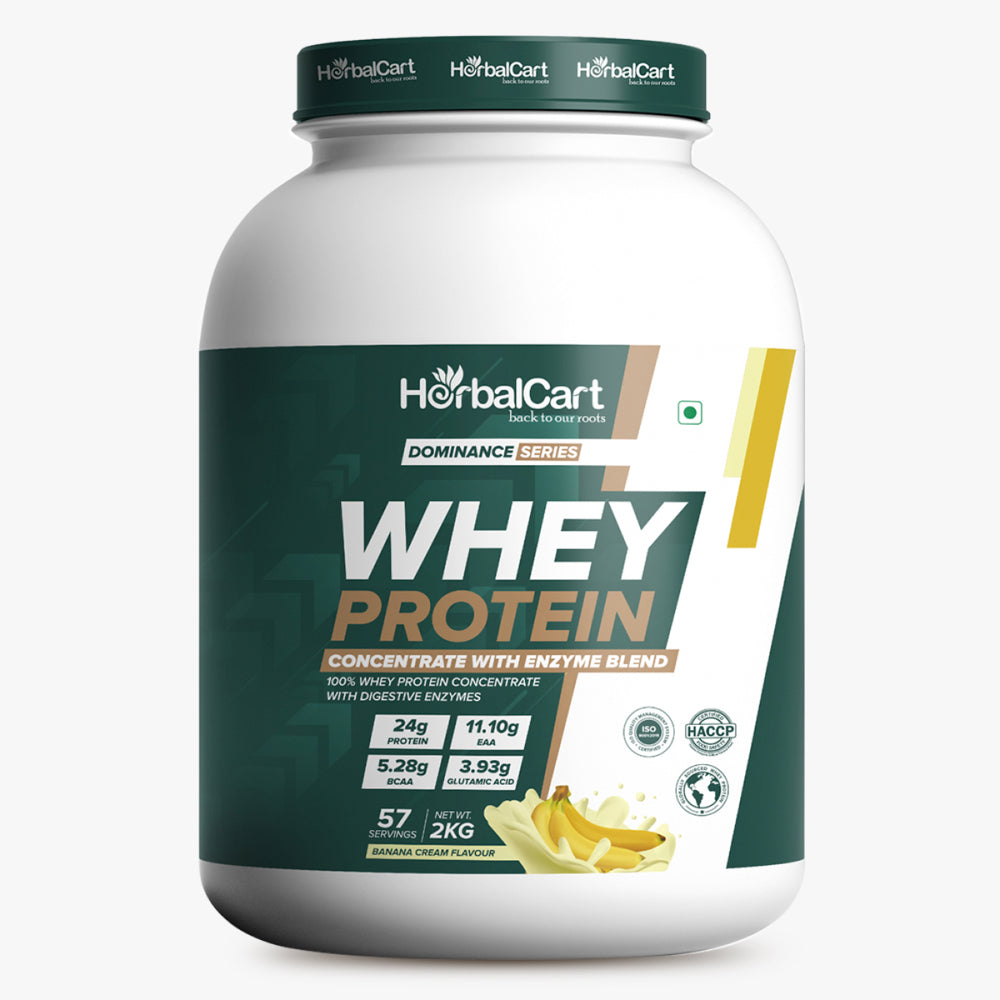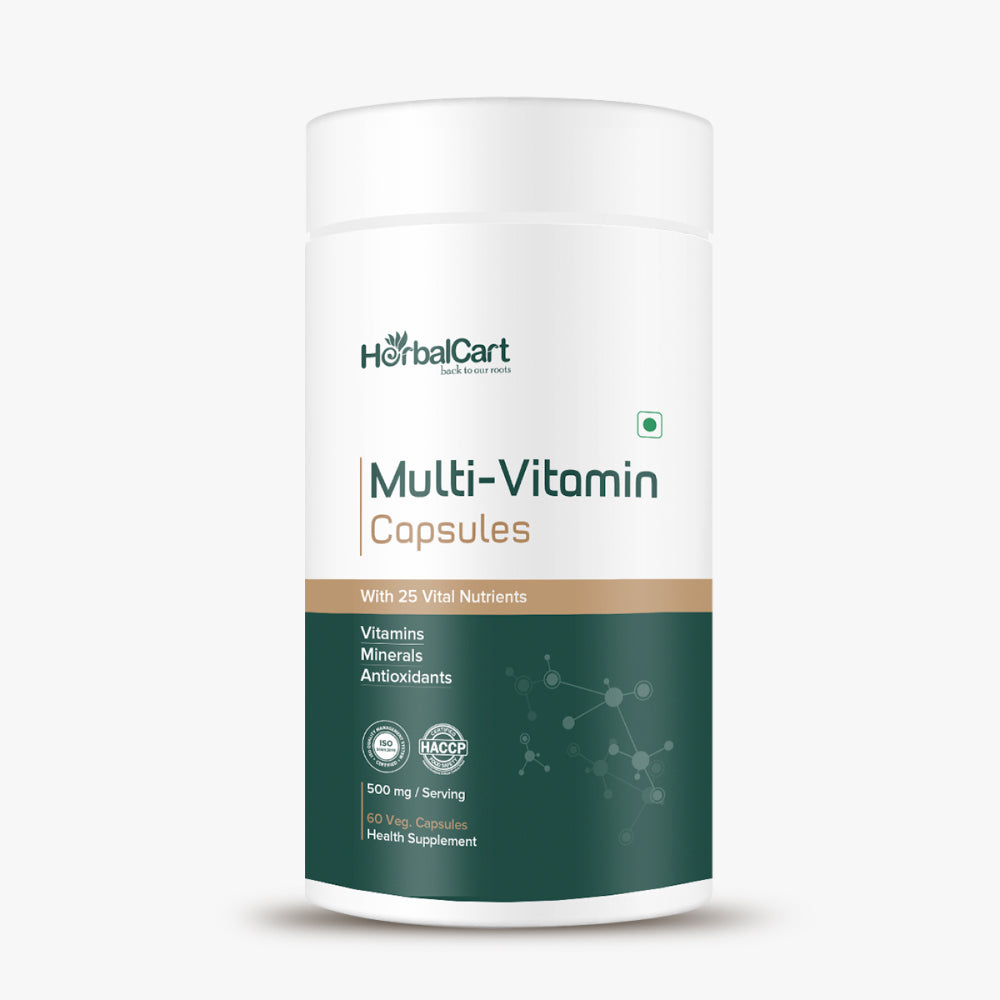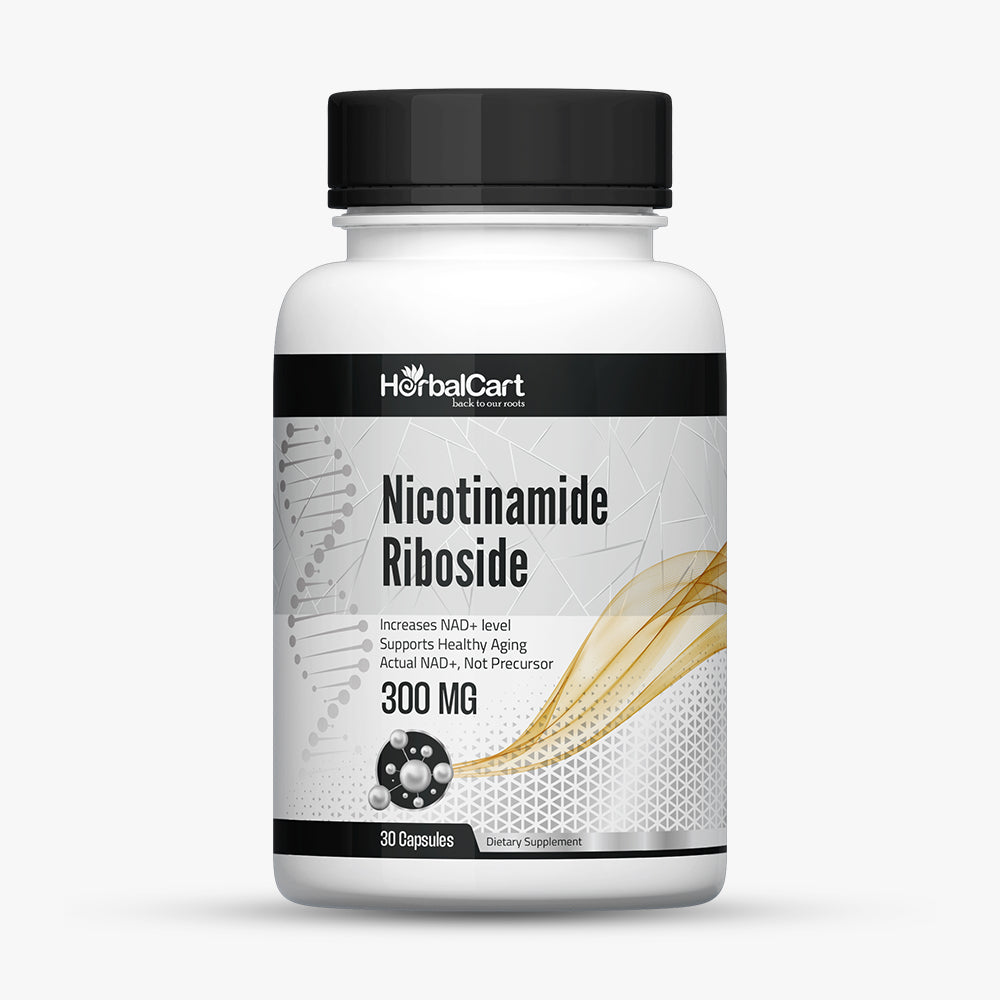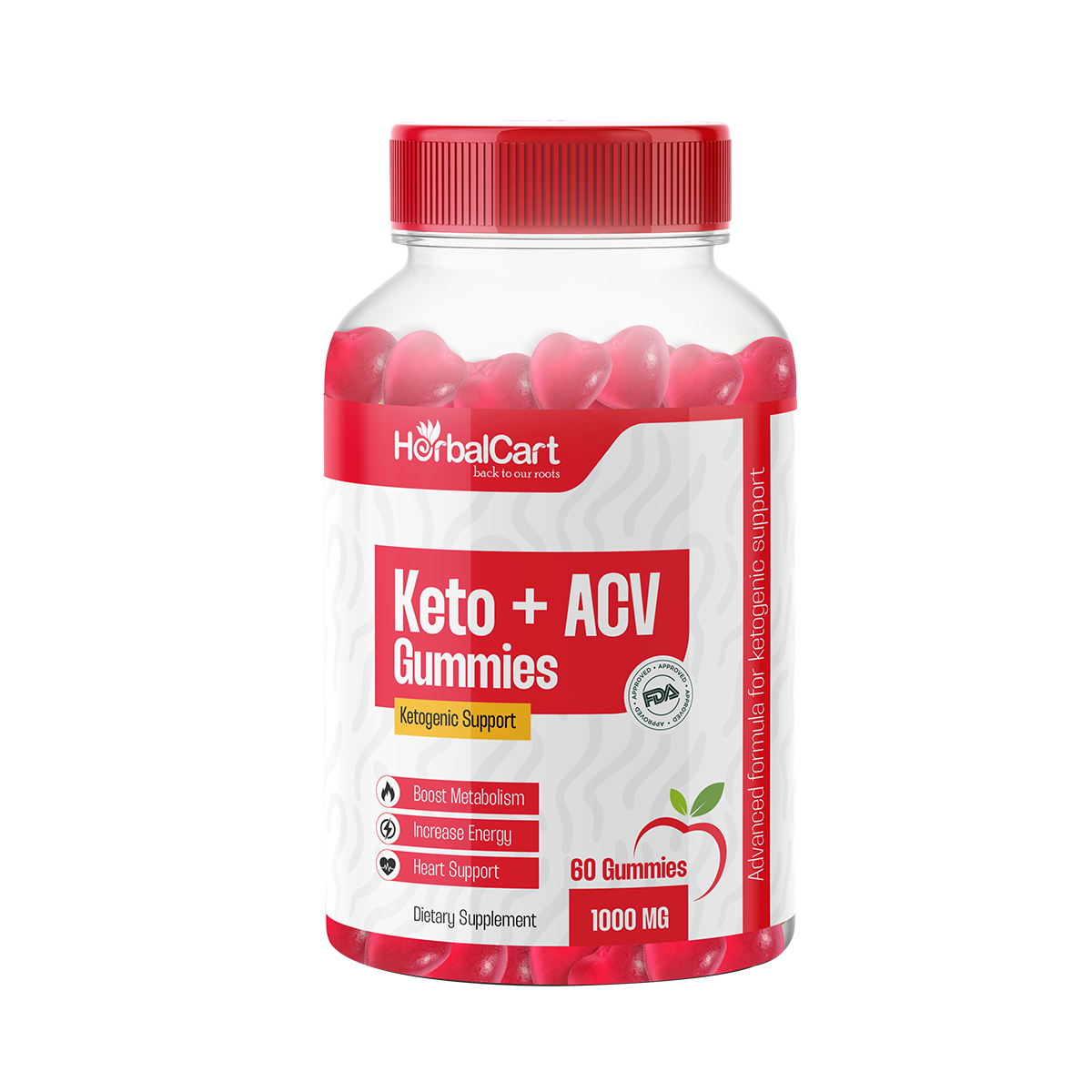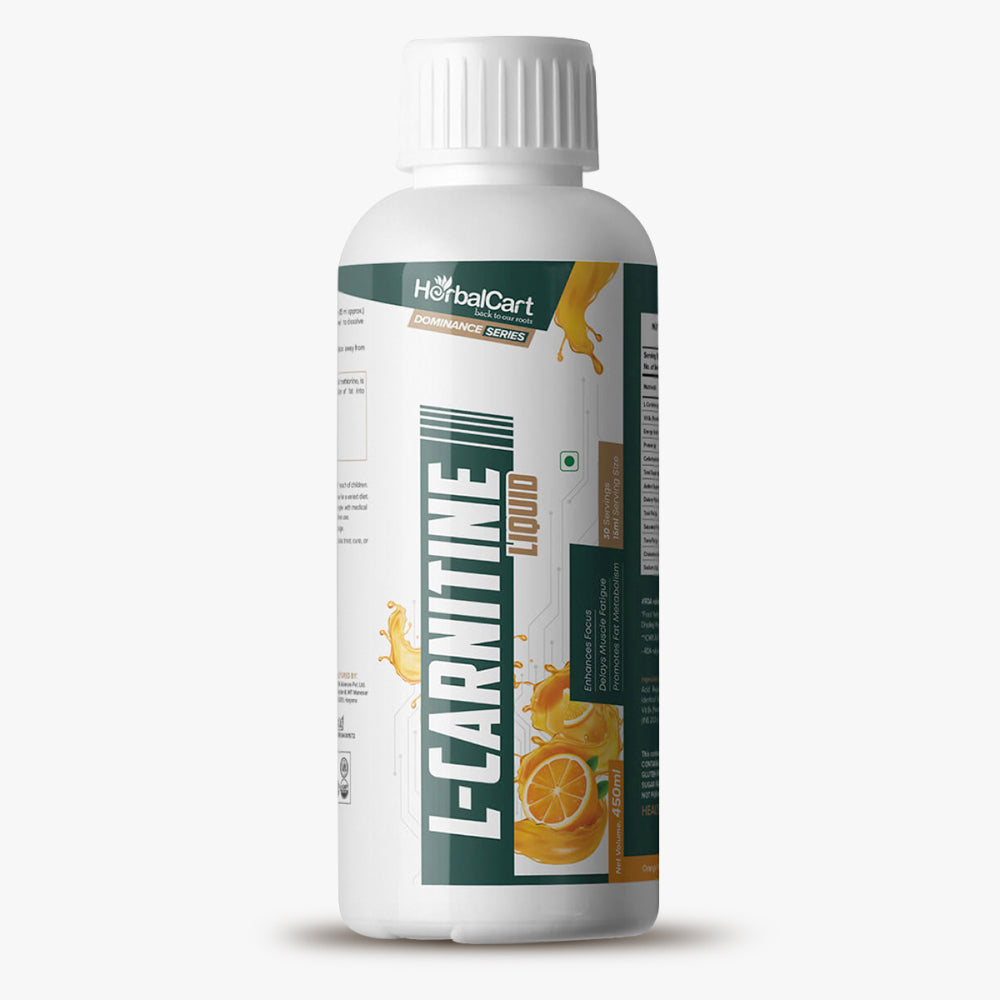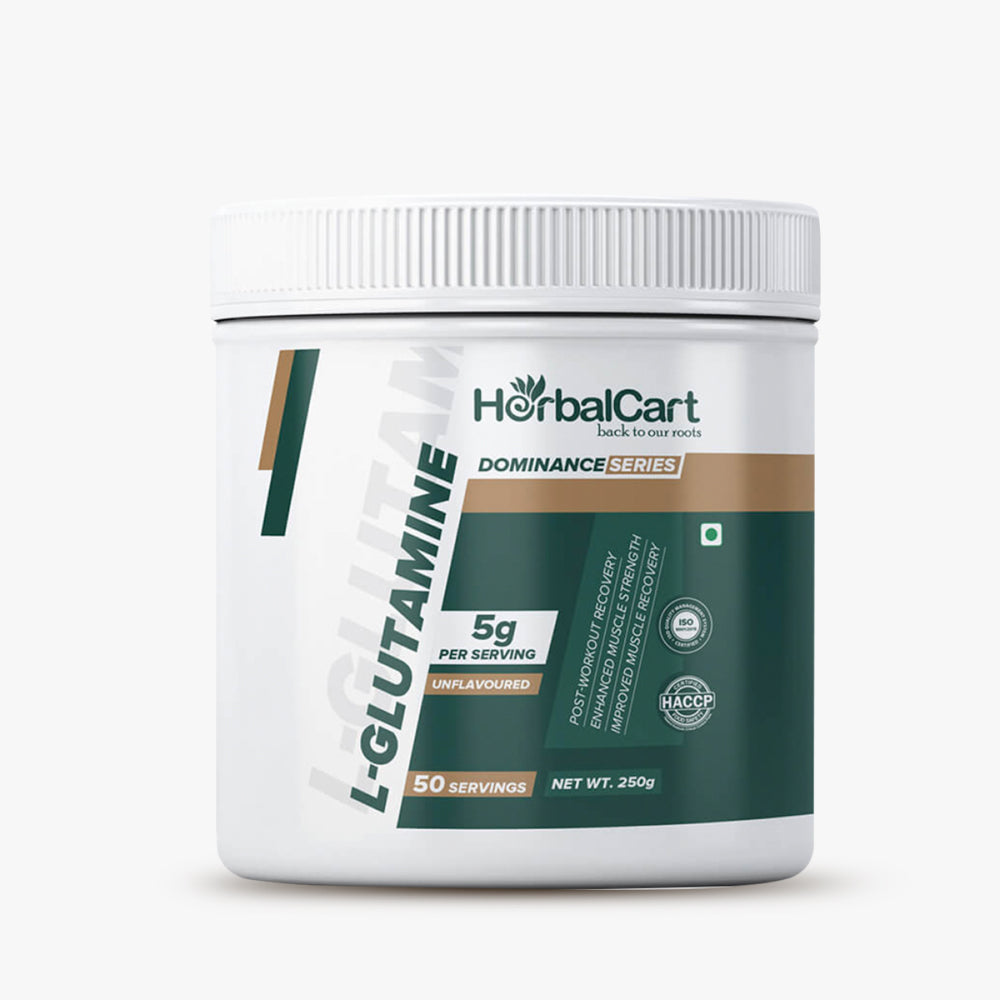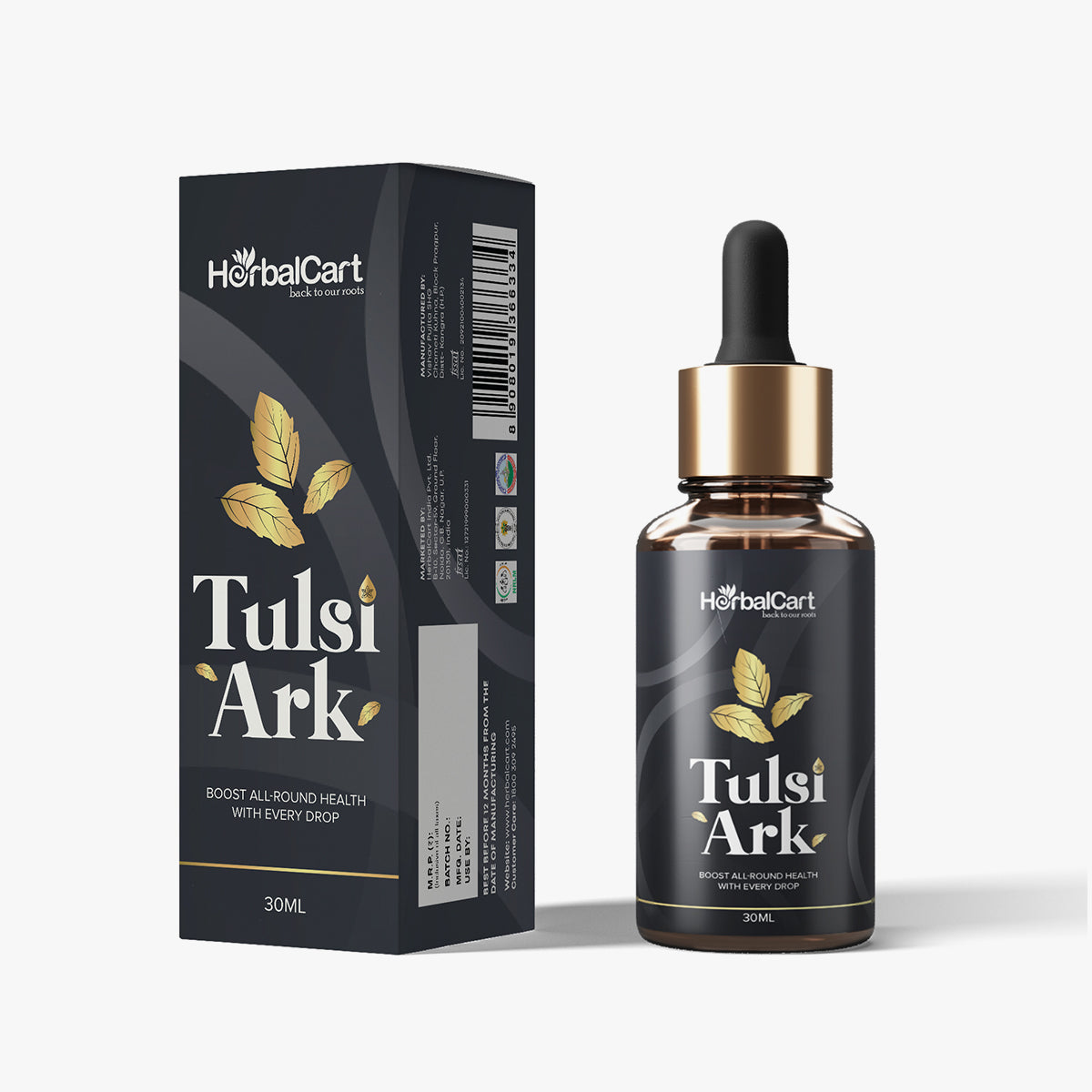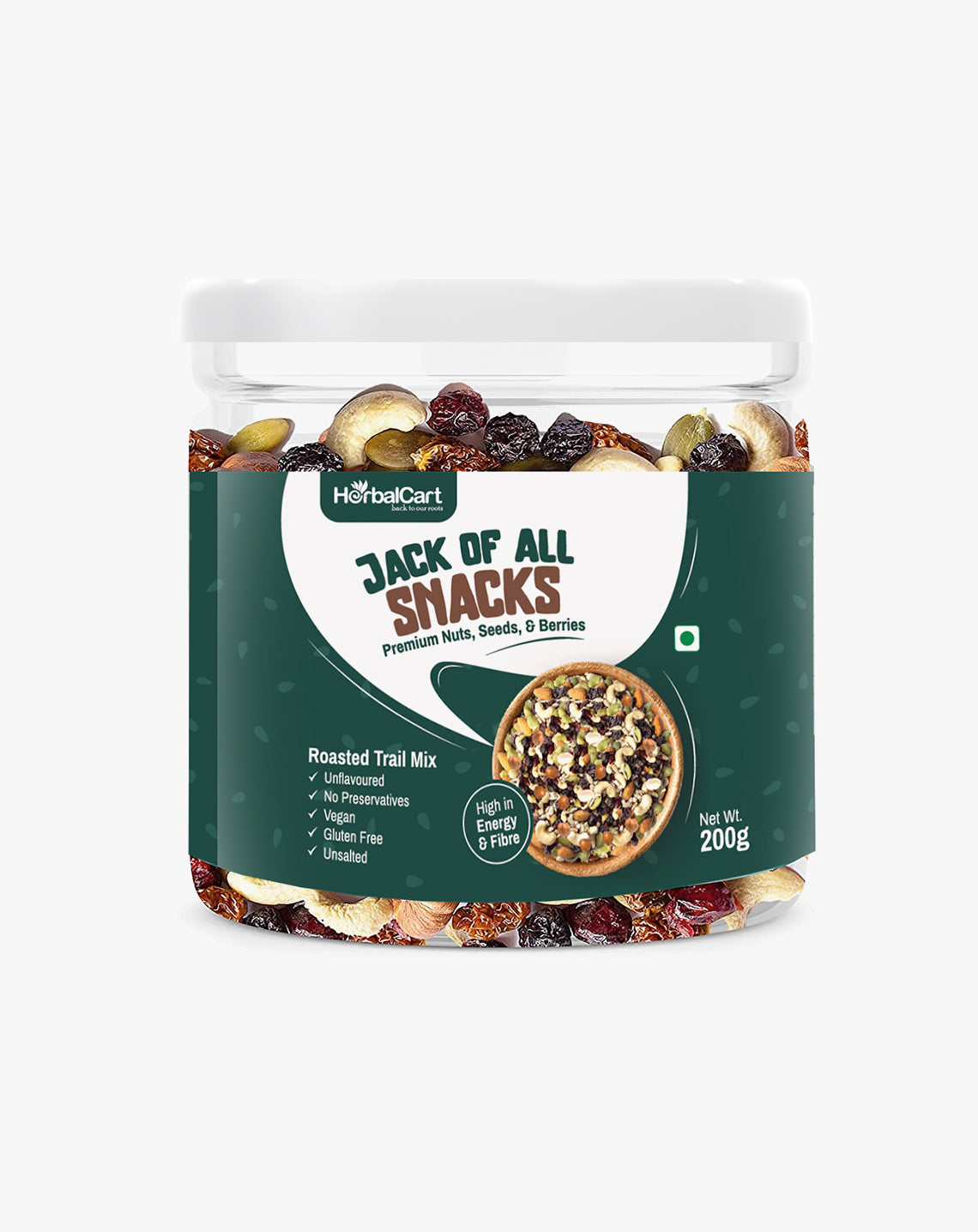Gaining weight with food requires intention and consistency. For many, it means choosing foods that increase daily intake without feeling like an extra chore. Peanut butter for weight gain is one of the most practical tools available. It blends into everyday meals, adds concentrated energy, and works well across eating styles.
This calorie-dense spread is available in every grocery store across the US. It requires no cooking, has a long shelf life, and pairs easily with sweet and savory foods. Whether you are working to build muscle, recovering from illness, or simply trying to reach a healthy weight, this food fits into the plan without needing to overhaul your diet.
Is peanut butter good for weight gain?
Peanut butter works for weight gain because it delivers close to 95 calories in a single tablespoon. With two tablespoons, you add nearly 200 calories to your day. You can do this without cooking, meal prep, or changing what you usually eat, making it easy to use even when your schedule is packed.
Its energy mainly comes from fat, especially heart-supportive unsaturated fat. It also contains protein, making it a substantial addition to meals that need more staying power. While it may not be a complete protein, it still contributes to overall intake when balanced with other ingredients.
Nutrition Facts That Support Your Weight Goals
Peanut butter for weight gain is more than the sum of calories. The most practical thing is that it acts as a carrier of energy throughout the day, benefiting from the nourishing ingredients that your body can use effectively. It is not unproductive energy. On the contrary, it brings with it the nutrients that are not only important but also help in the retention of one's stamina and building one's muscles. When consuming foods that are more effective in serving your purpose, this is one of the easiest choices for you to make. Two tablespoons of peanut butter typically contain:
• Around 190 calories
• 16 grams of fat
• 8 grams of protein
• Magnesium, potassium, phosphorus
• Small amounts of fiber
• Niacin and vitamin E
These nutrients support general wellness while increasing your daily total. The mix of fat and protein adds satiety. The minerals contribute to regular body functions like hydration, circulation, and muscle recovery. These benefits make peanut butter for weight gain useful in structured eating plans and casual meals.
Read more: Peanut Butter for Weight Loss: Can It Help or Is It Just Comfort Food?
Best Types to Buy for Nutritional Value
Peanut butter has several varieties, each offering slightly different benefits depending on your taste preferences and goals. Classic and chocolate peanut butter are popular choices for those focused on increasing daily calorie intake. These types often have a slightly higher calorie count per serving and are easier to include in snacks or sweet combinations.
Natural peanut butter, made with just peanuts or peanuts and salt, is often less processed and contains fewer additives. While it may separate in the jar and require stirring, it offers a simpler option with clean ingredients. Many stores also carry freshly ground peanut butter made on-site, which delivers a rich flavor without added oils or sugars.
Classic peanut butter tends to have a smoother texture and a touch of added salt or sugar. Chocolate peanut butter adds cocoa or sweetener and works well in shakes, oatmeal, or toast to boost taste and calories. Both are practical for weight gain, especially if you enjoy various snacks and meals.
Avoid peanut butter with unnecessary fillers, hydrogenated oils, or artificial sweeteners, as these may affect digestion or overall food quality. Choose a version that works with your eating habits and feels enjoyable to include often.
How to Use Peanut Butter in Meals for Effective Weight Gain
The easiest way to raise your intake is to add small amounts of peanut butter throughout the day. This avoids large meals that may feel difficult to finish. Common ways to include it:
• Spread on whole-grain toast
• Mixed into cooked oats
• Blended into fruit smoothies
• Rolled in flatbread with banana or apple
• Stirred into warm noodles or grain bowls
• Added to yogurt bowls or snack plates
Each of these uses increases calorie totals without requiring a second meal. If you already eat three meals per day, peanut butter lets you raise your intake by a few hundred calories with no extra planning.
Recommended Daily Peanut Butter Intake to Support Your Weight Goals
For healthy weight gain, aim for 2 to 4 tablespoons of peanut butter each day. Depending on the type and brand, this will give you 200 to 400 extra calories.
Split it across your meals:
-
Morning: Add a spoonful to your breakfast toast or smoothie.
-
Afternoon: A spoon with banana or crackers is a quick snack.
-
Evening or before bed: Helps fuel recovery and supports muscle repair, especially if you train.
If you work out, it’s smart to eat it post-workout, when your body can put those calories to good use.
If you're inactive, having it later in the day feels more natural and easier to digest.
Peanut Butter for Weight Gain and Balanced Eating
While peanut butter raises calorie intake, it works best on a balanced plate. Combine it with high-fiber carbohydrates or other protein sources. This keeps energy levels steady and prevents early hunger.
Meal examples include:
• Peanut butter on toast with banana slices
• Smoothie with peanut butter, oats, milk, and frozen berries
• Wrap with peanut butter, thin apple slices, and chia seeds
• Baked sweet potato topped with a spoonful of peanut butter
• Cooked brown rice, steamed vegetables, and a light peanut sauce
These combinations allow for variety and ensure other nutrient needs are met. This matters for long-term consistency and comfort.
Best Times to Eat Peanut Butter for Weight Management
There is no perfect hour for using peanut butter for weight gain. You can include it at any time depending on your habits and schedule.
Some people prefer it as part of breakfast, while others add it to snacks in the late afternoon. It can be used post-workout or before sleep. The goal is to build small habits that stick. When peanut butter becomes part of regular eating, results tend to follow.
How to Incorporate Peanut Butter More Frequently in Your Diet
To keep meals interesting, consider rotating how you use peanut butter across the week:
• Add to pancake batter for a higher-calorie breakfast
• Use in muffin or energy bar recipes
• Mix into cooked quinoa or couscous with herbs and lemon
• Blend into chili or stew for depth and texture
• Create a dip with plain yogurt for crackers or vegetables
Each of these uses expands your menu while keeping the core goal in focus, raising energy intake through practical, enjoyable food.
Why Peanut Butter for Weight Gain Remains Popular
Peanut butter is one of the most widely used foods for people who want to increase their weight because it works quietly and consistently. It does not require any significant shift in lifestyle. It allows you to keep meals familiar while helping you reach your targets.
It is affordable, shelf stable, and easy to carry, making it useful for people with long workdays, busy school routines, or training schedules. Whether stirred into breakfast or used as a quick evening snack, it continues to appear where it matters most.
Final Notes
Peanut butter for weight gain is not a miracle solution. It is a tool, simple, accessible, and effective when used with intention. Add it where it fits. Pair it with good ingredients. Let the increase in energy support your larger plan.
A spoonful here and there may not seem like much at first, but over time, it becomes the kind of change that delivers progress without pressure.





